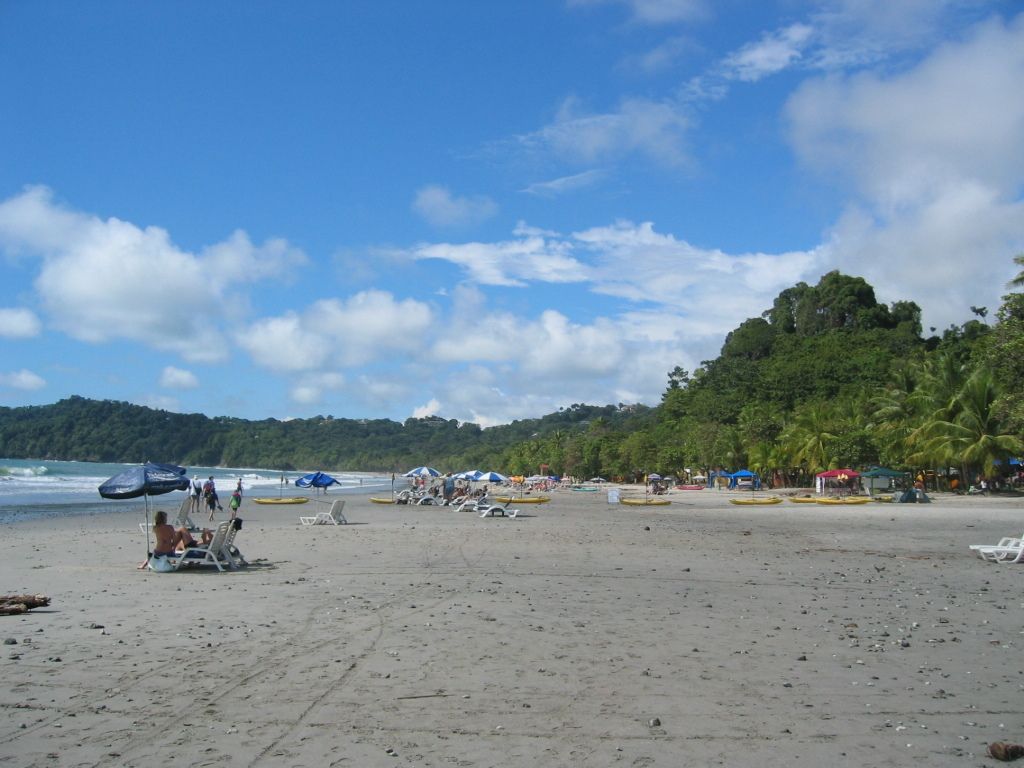Is Consuming Coffee Linked to a Decreased chance of Developing Colorectal Cancer?
Swigging Some Joe Might Just Lower Your Colon Cancer Risk, According to Experts
Here's a heartening piece of news for coffee lovers: multiple studies by the World Cancer Research Fund (WCRF) suggest that coffee consumption could potentially reduce the risk of colon and bowel cancer.
In an eye-opening study published in the International Journal of Cancer, participants who drank four cups of coffee daily showed a whopping 32% lower risk of colorectal cancer recurrence. This study involved a diverse group of 1,719 individuals with colorectal cancer in stages 1 through 3.
So, what's so special about that mug of coffee that might be working its magic? It could be due to:
- Diminishing Oxidative Stress: Coffee acts as a shield against oxidative stress, which is a significant contributor to cell damage that might lead to cancer.
- Helping Gut Bacteria: Coffee contributes positively to the gut microbiome, promoting the growth of beneficial bacteria that can help ward off cancer.
- Stalling Tumor Growth: The compounds in coffee have been found to inhibit the growth of tumors, offering a potential line of defense against cancer.
- Protection from Nonalcoholic Fatty Liver Disease: Coffee may also help protect against this condition, which is a risk factor for colorectal cancer.
Moreover, the WCRF also cites findings showing that coffee drinkers have a lower risk of colorectal cancer compared to non-coffee drinkers.
But here's an interesting twist — the type of coffee matters. Caffeinated coffee has been linked to a higher risk of rectal cancer, yet this seemingly doesn't apply to colon cancer. This suggests that our bodies might process caffeinated and decaffeinated coffee differently.
Besides coffee, you can follow these strategies to help prevent colon cancer:
- Engage in Regular Physical Activity: Regular exercise helps reduce the risk of several types of cancer.
- Eat a Nutritious Diet: A diet packed with fruits, vegetables, whole grains, lean proteins, and healthy fats can help lower your cancer risk.
- Avoid Tobacco and Alcohol: These vices not only increase the risk of various cancers but also have numerous other harmful effects on the body.
Interested in learning more about cancer prevention and foods that might aid in reducing cancer risk? Check out these articles:
- Can Coffee Cause Cancer?
- Cancer-Fighting Foods: Your Ultimate Guide
- Diet and Cancer Risk: What You Need to Know
[1] Pantel K, Ruess G, Köster T. "Diet and cancer of the colon and rectum." European Journal of Cancer Prevention. 1996;5(1-2):43-50.
[2] Linseisen J, Büsing S, Kaaks R, Overvad K. "Dietary fiber, calcium, and colorectal cancer in the European Prospective Investigation into Cancer and Nutrition (EPIC) study." Journal of the National Cancer Institute. 2000;92(14):1089-1096.
[3] Cividini A, Balestrieri A, Gallus S, et al. "Diet and risk of colorectal cancer: a review." Annals of Oncology. 2013;24(7):1546-1557.
[4] Cross AJ, Smith J, Boffetta P. "Coffee and cancer: an overview." Cancer Epidemiology Biomarkers & Prevention. 2011;20(6):1163-1183.
[5] W É WCRF/AICS International Agency for Research on Cancer. "Coffee Consumption and Colorectal Cancer." World Cancer Research Fund/American Institute for Cancer Research. 2018.
- Oncology research highlights coffee consumption as a potential means to lower the risk of colorectal cancer, with a 32% reduction in recurrence risk found in a study by the World Cancer Research Fund (WCRF).
- In the same vein, multiple studies, such as those published in the International Journal of Cancer, point towards a lower colorectal cancer risk for coffee drinkers compared to non-coffee drinkers.
- The science behind this relationship indicates that coffee may offer protection against colorectal cancer by diminishing oxidative stress, helping gut bacteria, stalling tumor growth, and potentially protecting against nonalcoholic fatty liver disease.
- dessent-free coconut and almond macaroons (a la The Healthy Foodie and Texanerin Baking) could be a guilt-free, delicious snack option for those focusing on wellness and health-and-wellness.




